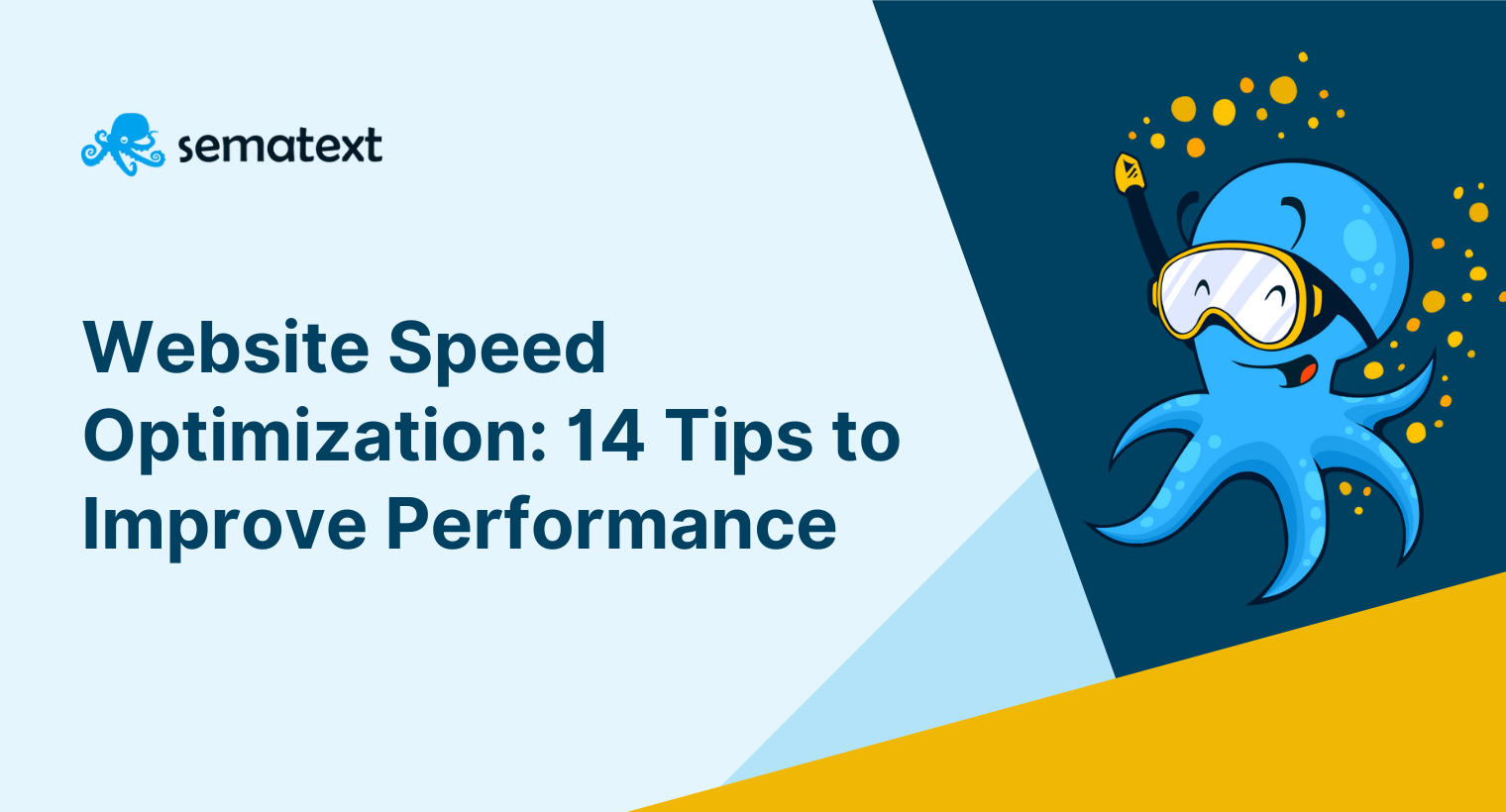Blitz News Digest
Stay updated with the latest trends and insights.
Boost Your Site's Speed: The Race Against Slow Load Times
Accelerate your website's performance! Discover expert tips to beat slow load times and keep visitors engaged. Don't let your site lag behind!
10 Proven Strategies to Enhance Your Website Speed
In today's digital landscape, website speed is more crucial than ever for user experience and SEO rankings. Implementing the right strategies can make a significant difference. Here are 10 proven strategies you can utilize:
- Optimize Images: Large image files can drastically slow down your site. Use compressed formats like JPEG for photos and PNG for graphics, and consider using the WebP format for better compression.
- Minimize HTTP Requests: Reduce the number of elements on your page to decrease loading time. Simplify designs and combine files where possible.
- Enable Compression: Gzip compression can reduce the size of your files by up to 70%, making your site much faster.
- Utilize Browser Caching: By storing frequently accessed resources in the user's browser, you can decrease page load times on repeat visits.
- Minify CSS and JavaScript: Remove unnecessary characters from your CSS and JavaScript files to improve load time without compromising functionality.
- Use a Content Delivery Network (CDN): CDNs store copies of your website in multiple locations worldwide, speeding up access for global users.
- Reduce Redirects: Each redirect creates additional HTTP requests, slowing down your site. Minimize redirects to enhance speed.
- Upgrade Your Hosting: If you're on shared hosting, consider upgrading to a dedicated or VPS hosting solution for better performance.
- Limit the Use of Plugins: Excessive plugins can bloat your site and affect speed. Deactivate and delete any plugins that you do not actively use.
- Implement Lazy Loading: Load images and videos only when they come into the viewport, rather than on initial page load, to speed up the loading process.

Is Your Website Slow? Common Causes and Solutions
Is your website slow? Common causes of slow website performance can significantly impact user experience, leading to higher bounce rates and lower search engine rankings. Some frequent culprits include large image files, outdated plugins, excessive HTTP requests, and server response time issues. For instance, if images are not optimized for the web, they can significantly slow down the loading time. Similarly, too many plugins can clutter your site's code, making it heavier to load. To identify these issues, consider using performance analysis tools that can pinpoint specific areas for improvement.
Once you've identified the causes of your slow website, implementing solutions can enhance performance considerably. Start by compressing image files using formats like JPEG or WebP, which maintain quality while reducing size. Next, assess the number of plugins actively running on your site and remove any that are unnecessary. Additionally, consider leveraging caching solutions like browser caching or a content delivery network (CDN) to improve load times for returning visitors. Finally, upgrading your hosting plan might be necessary if your site continues to experience slowness, ensuring that you have adequate resources to handle traffic and requests efficiently.
The Impact of Load Times on User Experience and SEO
Load times play a crucial role in shaping user experience on websites. Studies show that even a one-second delay in page response can lead to a significant drop in user satisfaction and engagement. Fast-loading pages not only keep visitors on the site longer but also reduce bounce rates, leading to higher conversion rates. As users increasingly demand instant access to information, ensuring optimal load times has become a key factor in retaining traffic and enhancing the overall user journey.
Moreover, load times are a pivotal element of search engine optimization (SEO). Search engines like Google consider site speed as a vital ranking factor; therefore, slow-loading websites may struggle to achieve visibility in search results. Websites that prioritize quick load times often enjoy better rankings, increased organic traffic, and ultimately, greater success in their online endeavors. By optimizing loading speed, businesses can not only improve user satisfaction but also enhance their SEO strategy.